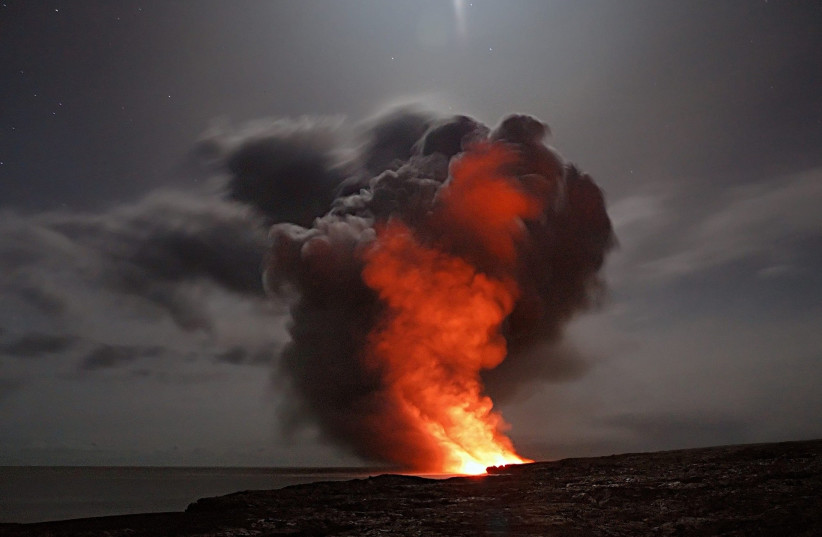New research from the University of Colorado Boulder shows that volcanoes may have deposited sheets of ice on the surface of the moon up to hundreds of feet thick.
The discovery could have major benefits for astronauts as they will require water to drink and for rocket fuel.
The research, published in the peer-reviewed Planetary Science Journal, used computer simulations to simulate the lunar surface conditions before life on Earth.
It found that volcanoes spewed water vapor that formed ice on the moon, which still be in lunar craters.
"It’s a potential bounty for future moon explorers who will need water to drink and process into rocket fuel," study co-author Assistant Prof. Paul Hayne said.

“It’s possible that 5 or 10 meters below the surface, you have big sheets of ice,” he said.
The study adds to increasing evidence that there may be more water on the moon than previously believed.
An earlier study by Hayne et al found that nearly 6,000 sq. mi. of the moon's surface may be capable of holding onto ice, especially near the north and south poles.
